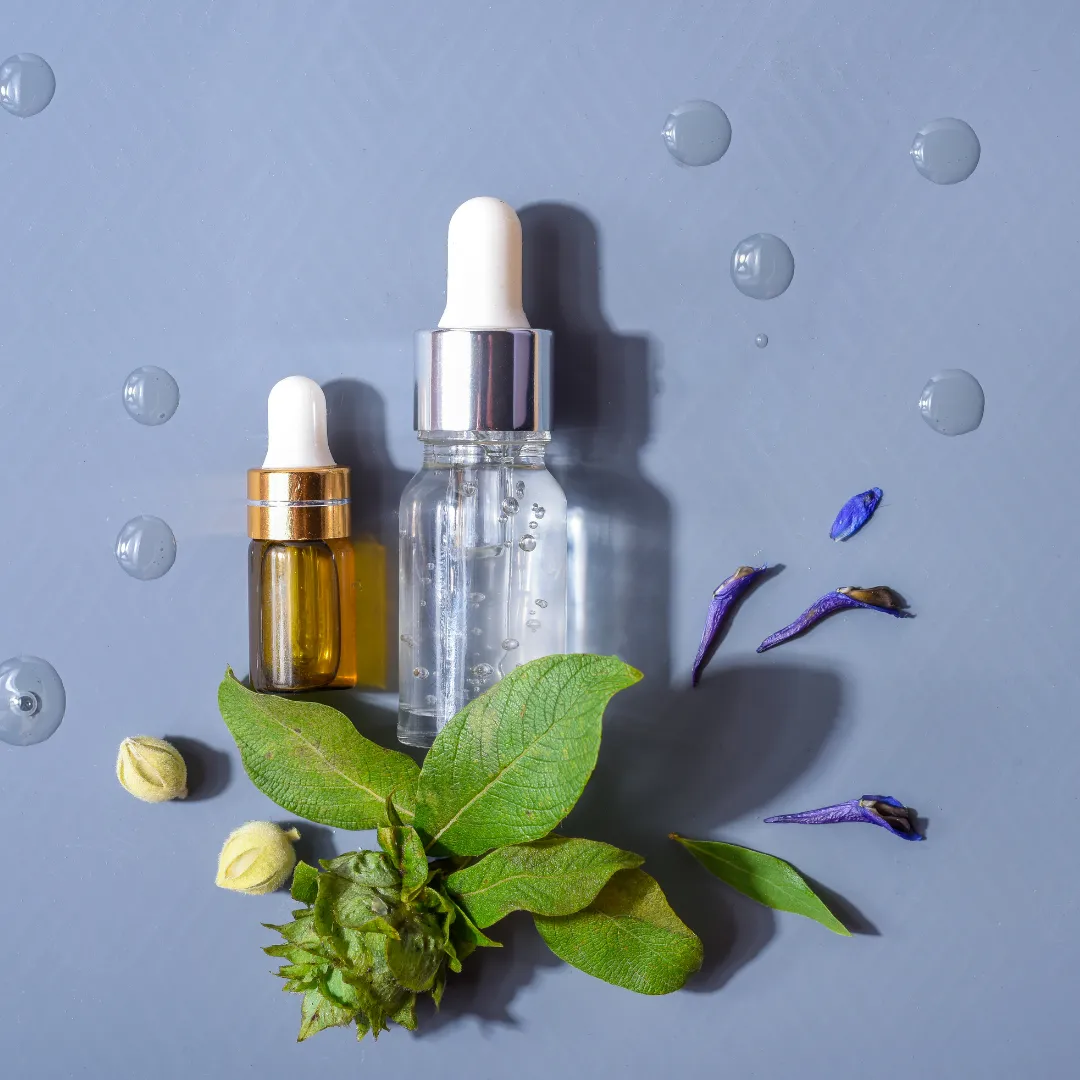What is Retinol, what does it do?

What is retinol?
Retinol is a different form of vitamin A. This vitamin, which is a chemical component with cell renewal properties, improves skin health. Naturally available retinol is found in foods such as dairy products and eggs. This product, which has become more popular recently, can be purchased without a prescription. Retinol, which is also sold as a cream or serum, is mostly produced as a serum.
Used topically, this vitamin reaches the middle layer of the skin. Retinol, which is found in many anti-aging products, reacts with free radicals. In this way, it prevents the damage caused by radicals on the skin. This vitamin, which strengthens collagen and elastin proteins in the skin, also shrinks the pores. Retinol, which fills wrinkles and makes the area look fuller, tightens the skin. So, at what age should retinol be used? Which acids cannot be used with retinol?
At what age should retinol be used?

Retinol, which shows its effect on multiple skin problems, is preferred by many people. However, retinol, which can be purchased without a prescription, should be used carefully. Failure to use this highly beneficial vitamin at the right time may lead to undesirable results. Therefore, it is important to start using it in appropriate age ranges. Then, the question “at what age should retinol be started to be used?” is curious.
Starting retinol use early can delay the signs of aging. However, using the vitamin while skin development continues may cause undesirable results. Especially skin development that continues before the 20s may be negatively affected by the use of retinol. Therefore, it is not recommended to use it at an early age.
Since retinol stands out with its anti-wrinkle properties, it may be desired to be used immediately. The use of this vitamin is usually started after the age of 35. If needed, it is also considered correct to start using it in the 20s. Retinol, which offers an effective solution against problems such as acne and blemishes, enables younger individuals to use it more.
Which acids is retinol not used with?

Buying retinol without a prescription can mislead many people in its use. Especially using it together with some acids can reveal undesirable results. So, which acids can not be used with retinol?
Retinol has a different mechanism of action compared to the skin renewal properties of acids such as AHA and BHA. While acids generally act on the upper layer of the skin, retinol also acts on the middle layer of the skin. This vitamin, which is not an acid derivative, is not recommended to be used with acids. Being an active ingredient, it can be harmful to use it with acids.
Retinol should not be used together with ingredients such as vitamin C, salicylic acid, glycolic acid. These ingredients, which should be used at different times, have different tasks. There are also components used together with retinol. For example, the combination of hyoluranic acid and retinol can be good for dry skin. Also, using it together with niacinamide can increase its effect.
Retinol; It is recommended not to use in skin diseases such as eczema and rosacea. It is absolutely necessary to consult a doctor to avoid any problems with sensitive skin.


